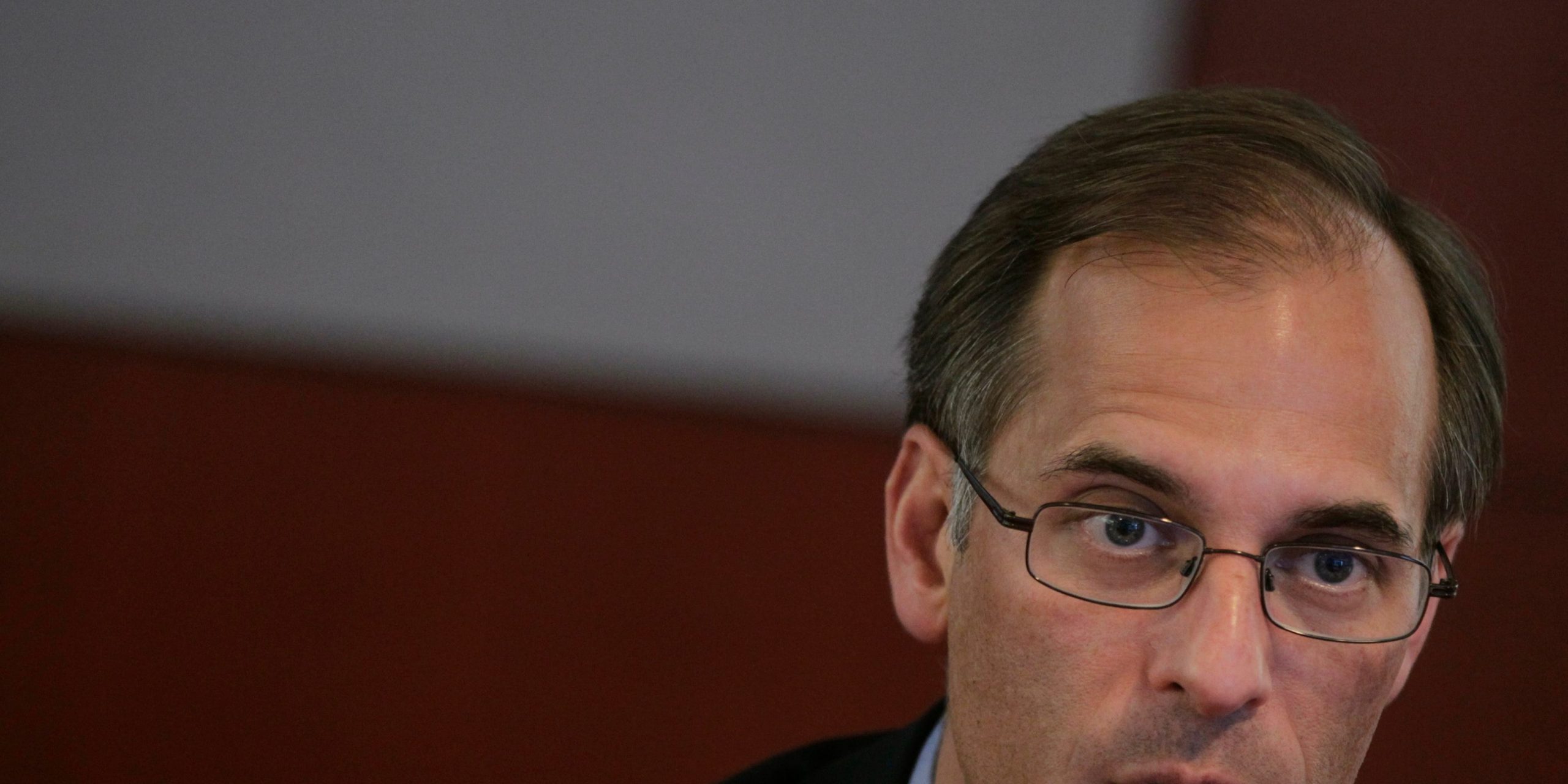
REUTERS/Brendan McDermid
- Moody’s Analytics’ chief economist Mark Zandi told Bloomberg TV on Tuesday the fiscal gridlock in Washington is a “significant mistake.”
- “The longer we wait to provide that additional support the more likely the recovery from the economy is going to stall out and backtrack,” Zandi said.
- Zandi said lower income households likely have “nothing left in the tank” in terms of available cash.
- Visit Business Insider’s homepage for more stories.
Moody’s Analytics’ chief economist Mark Zandi told Bloomberg TV Tuesday the gridlock in Washington over a new set of measures to help the economy and households is a ‘significant mistake.”
“We have had a headwind to the pandemic, but we have had a very powerful tailwind from policy,” he said. “The longer we wait to provide that additional support the more likely the recovery from the economy is going to stall out and backtrack.”
“My sense is that if the administration and Congress can’t get it together by January, we will start to see some negative job numbers and some rising unemployment,” Zandi added.
He said there is a very “significant mistake” being made by US policymakers.
Lawmakers have approved over $3 trillion in federal aid since the pandemic began devastating the economy in the spring.
Many components of the last major economic relief package, the CARES Act, expired over the summer, and Congress hasn't implemented new measures since.
Zandi said rising COVID-19 cases, particularly as expected in the winter months, mean a second economic hit from the virus is likely to be worse than the first time around.
Europe is facing a resurgence of COVID-19 cases, with countries such as the UK, the Netherlands, France and Spain seeing significantly higher numbers. The UK is facing pressure to introduce a 2-3 week circuit-break lockdown and has already tighter restrictions under a three-tier COVID-19 alert system.
"You still have people who have saved that money, but generally those are higher-income households that didn't need to spend it," he said. "Lower income households definitely blew that stimulus money and don't have anything left in the tank."
He said a lot of small businesses in the US were able to benefit from the Payment Protection Program- a system designed to provide relief to small businesses and help them keep workers on payroll- but rising COVID-19 cases are likely to hamper business activity.
"A lot of businesses were able to navigate together with the PPP money. Of course, consumers were able to hang in there, because they got all that consumer support from the government," the chief economist said.
"But this time particularly if the pandemic intensifies, infections rise, it is going to be very difficult for these businesses to make it through," he added. "We will see more business failures and the scarring effect, as economists say, will make it much more difficult for the economy to get back on track and get back to full employment."
Democrats and Republicans have been at loggerheads over the size and reach of another package of measures to support the real economy since July.
A second coronavirus relief bill has been stalled in Congress, as House Democrats and the White House remain unable to agree on the details.

